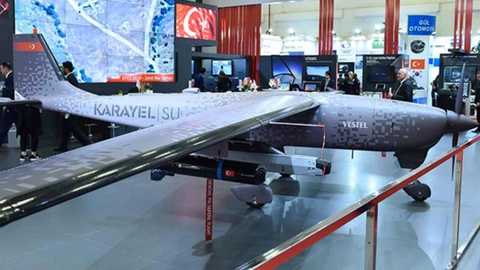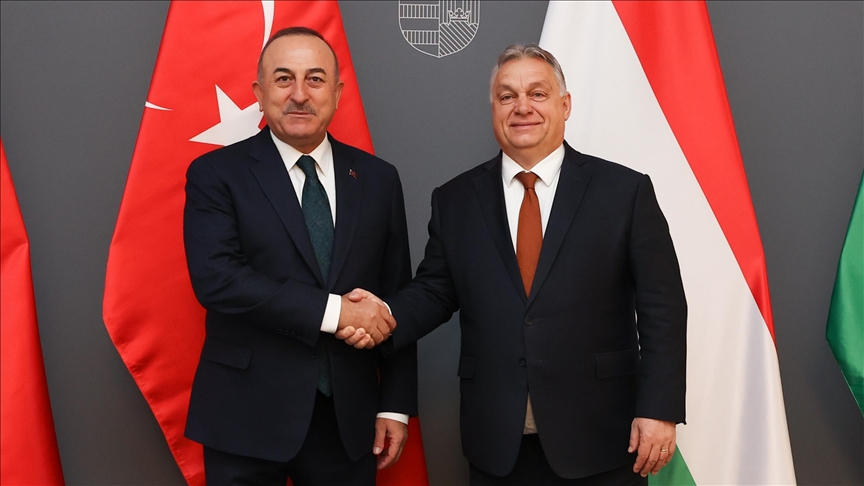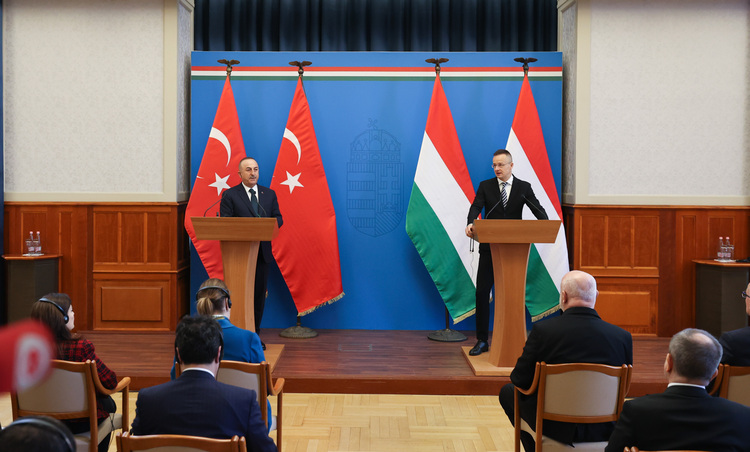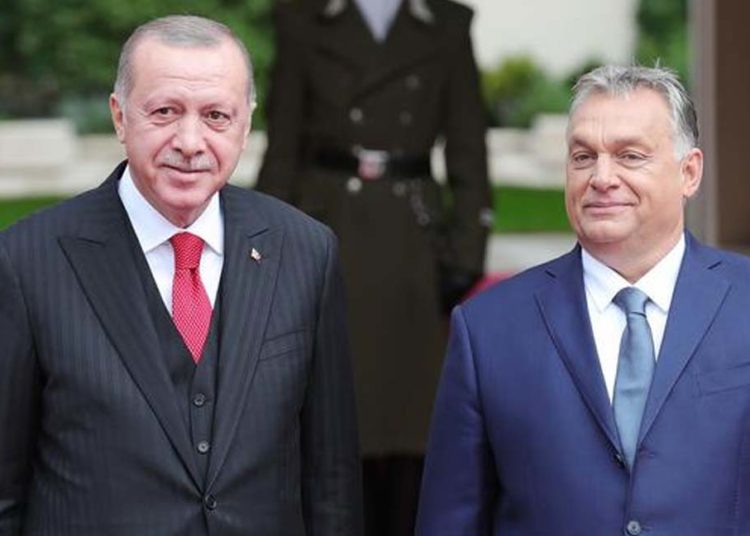Levent Kenez/Stockholm
The Turkish government has submitted a military agreement signed with Hungary in October 2022 to parliament for approval. The agreement aims to improve military relations and intelligence sharing with the Central European country.
The agreement, finalized during an official visit to Turkey of Hungarian Defense Minister Kristóf Szalay-Bobrovniczky on October 24, 2022, was seen as an indication of new defense industry purchases in the coming months.
The areas of cooperation in the agreement are listed as joint participation in military exercises and non-combat operations such as peacekeeping, humanitarian aid and counter-piracy operations. The agreement also allows the two countries to cooperate in the defense industry.
According to Article IV(6) of the agreement, the parties also agree to share military intelligence. Moreover, the parties will provide mutual logistical support.
In a statement to the press after the signing ceremony, visiting Minister Szalay-Bobrovniczky noted that they have been aiming to furnish the Hungarian army with equipment compatible with NATO since 2017 and that they trust the Turkish defense industry in this regard.
Szalay-Bobrovniczky also said 10 Ejder Yalçın armored vehicles produced by Turkey have been delivered so far and that they will soon take possession of 40 more.
The Turkish Ejder Yalçın is a 4×4 armored combat vehicle developed to meet the operational requirements of military units and security forces in both rural and urban areas. Hungary is also working to purchase military drones from Turkey. The Hungarian media last year reported that the KARAYEL-SU drone developed by Turkey’s Vestel was put into test studies by the Hungarian armed forces.

Nordic Monitor previously reported that Turkey and Hungary agreed to keep defense contracts under heavier secrecy by striking an agreement to beef up the security of classified information related to defense industry cooperation between the two countries.
The increasing strategic relations between Turkey and Hungary lie in the fact that the agreement was put into the ratification process more quickly than other international agreements signed by Turkey. The agreement was sent to parliament for approval a few days before the visit of Turkish Foreign Minister Mevlüt Çavuşoğlu to Hungary on January 31, constituting a goodwill message to the Hungarian side.

After a closed-door meeting, Çavuşoğlu said he was happy to hold his first meeting in Budapest with Viktor Orban, the prime minister of strategic partner Hungary, and conveyed the greetings of President Recep Tayyip Erdoğan to him and Erdoğan’s invitation to Turkey.
At a press conference following Çavuşoğlu’s meeting with his Hungarian counterpart, Péter Szijjártó, they specifically addressed questions about the NATO enlargement process.
The two countries are the last two NATO members whose parliaments have not yet approved the NATO membership of candidate countries Sweden and Finland.
While Çavuşoğlu stated that they are not against the enlargement of NATO, he told reporters that Turkey does not favor Sweden’s membership for the time being but that their attitude towards Finland is more positive. Szijjártó, foreign minister of Hungary, which is expected to soon approve the membership applications, also said it was wrong to describe those who express different views within NATO as favoring Russian President Vladimir Putin and claimed that Turkey and Hungary are two NATO countries that want real peace in the Russian-Ukrainian war.

The Hungarian minister also added that Hungary would support Erdoğan’s nomination by several countries for the Nobel Peace Prize.
The Turkish opposition often claims that President Erdoğan is imitating Orbán’s anti-democratic tactics. Nordic Monitor previously published a report on Turkey deepening ties with Orban’s Hungary.












